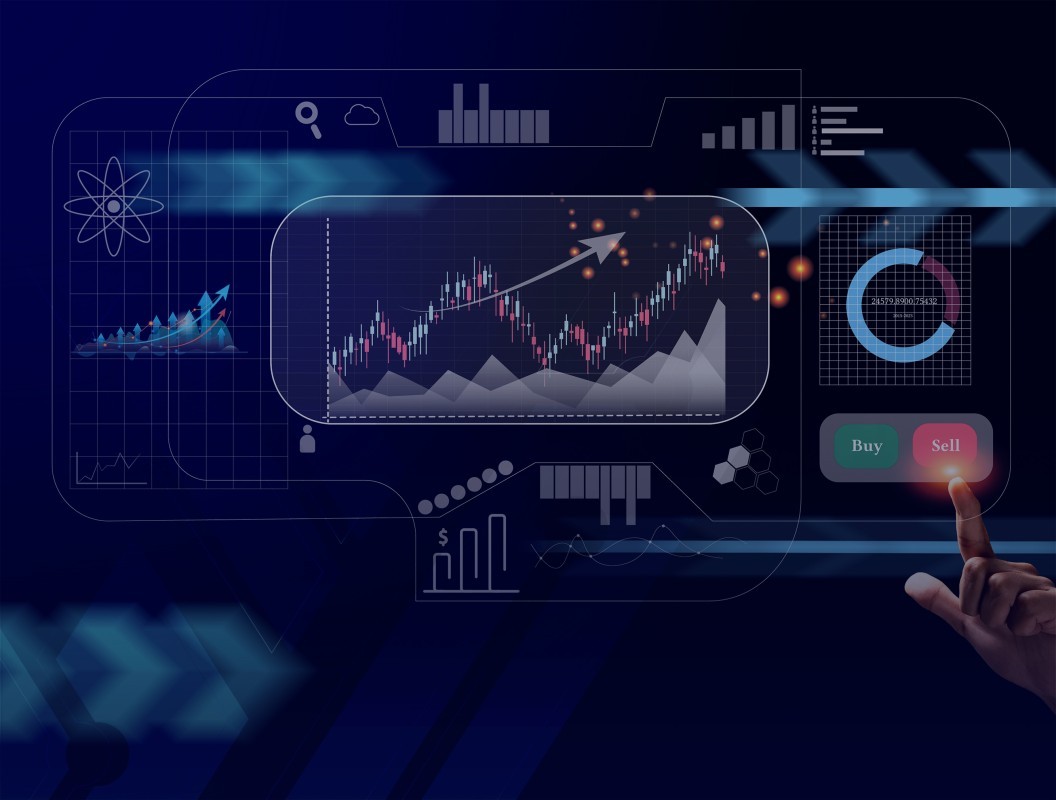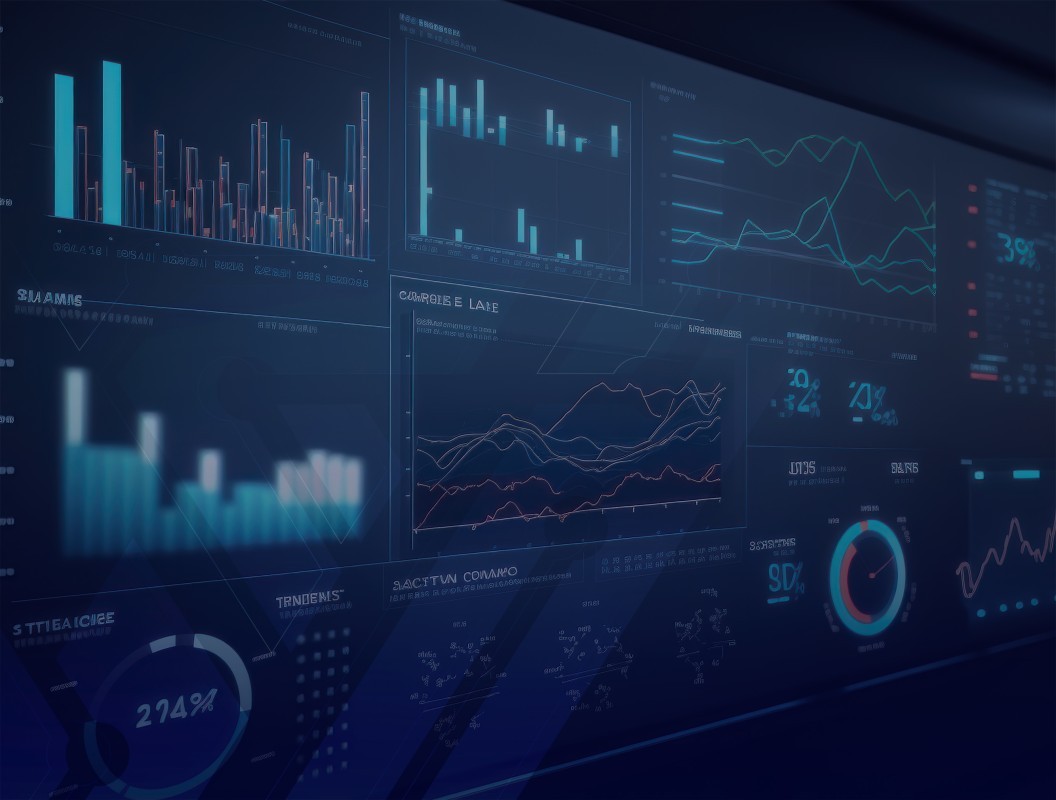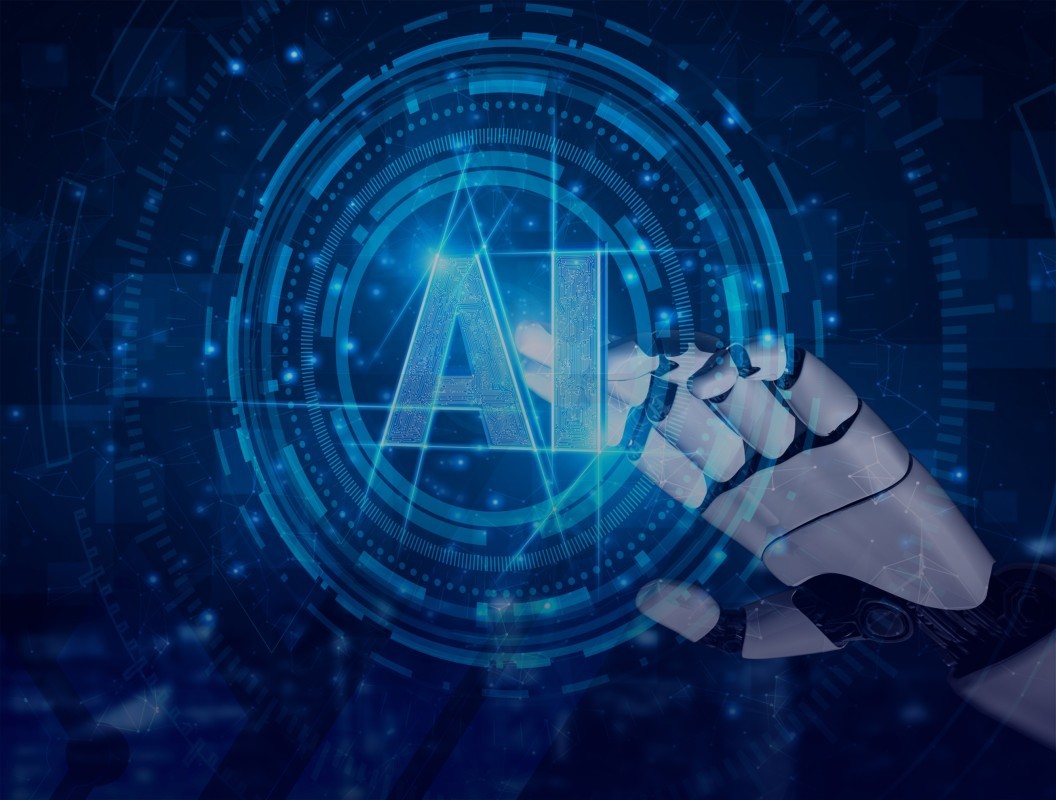
Saudi market is transitioning towards a...
Information and Communication Technology (ICT) constitutes a fundamental pillar for achieving develo...

Information and Communication Technology (ICT) constitutes a fundamental pillar for achieving development and progress in the modern era. In this context, the Kingdom of Saudi Arabia is vigorously striving to develop its technological infrastructure and enhance its effective use to stimulate innovation, promote economic growth, and elevate the quality of life. The government supports vital sectors and endeavours to provide electronic services for all segments of society. Saudi Arabia has witnessed substantial investments in infrastructure development, including the upgrading of communication networks, expanding internet coverage, and developing infrastructure. Additionally, efforts include the enhancement of regulatory policies, encouraging companies and institutions to adopt modern technologies and digital solutions in their activities. These efforts encompass the development of legislation and regulations related to the protection of personal data and enhancing cybersecurity to ensure the safety and security of data and information. Enhancing human capabilities and fostering skills in the field of technology is also prioritised through training and development programs and promoting digital education. In the realm of government services, the Saudi government relies on digital technology to deliver more efficient and user friendly services to citizens and residents. They can easily access and use these services through websites and smart applications. This includes services such as issuing national IDs, renewing driving licences, and submitting various government requests, with interactive communication channels like email and live chat facilitating direct and effective interaction, allowing them to ask questions and provide feedback. In crucial sectors like healthcare and education, Saudi Arabia is working to enhance digital services in schools and universities to improve the quality of education and provide an advanced learning environment that encourages innovation and critical thinking, facilitating remote learning and education. In the healthcare sector, Saudi Arabia aims to apply digital solutions and provide big data analytics to improve healthcare services, facilitate access to medical care, enhance early diagnosis, and improve treatment outcomes for patients. In the business sector, the digital transformation has a significant impact on how companies conduct their operations. It enables the development of innovative business models and the introduction of new approaches to innovation and service delivery. For example, companies can utilise big data analytics and artificial intelligence to better understand customer behaviours, build targeted marketing strategies, and develop new products and services like smartphone applications and innovative software solutions, opening up new markets and attracting new customers. Moreover, digital transformation increases the flexibility of companies and their ability to adapt to market changes by using technology to improve processes and accelerate strategic decision-making. Ultimately, digital transformation is one of the key success factors in the digital age, and companies that effectively invest in it are often more successful and sustainable in the future

With the advent of artificial intelligence, machine learning, the Internet of Things, and big data, the nature of work and future jobs is undergoing significant changes. These technologies play a vital role in reshaping the landscape and require digital skills and new expertise in Contemporary labour market, making these skills essential for all employees regardless of their field of work.
Moreover, there is an increasing reliance on remote work and flexible work, thanks to modern communication technologies. This shift in the way we work changes the traditional concept of the workplace, with businesses expected to increasingly adopt this modern approach. The ability to work from anywhere at any time without the need to be present in a physical office increases employees' flexibility, allowing them to organise their schedules according to their needs. Additionally, remote work provides an opportunity to recruit talent from around the world without geographical limitations, enhancing workforce diversity and versatility. It also enables employees to leverage modern communication technologies such as automated video conferencing apps, cloud platforms, and instant messaging apps, making communication and information exchange easier and more efficient. Furthermore, this modern approach can lead to increased productivity and, in general, is considered key to achieving a balance between personal and professional life, promoting professional development and innovation in the workplace.
This progress raises concerns about the future of traditional jobs and their sustainability, as artificial intelligence can automate many tasks previously performed by humans. However, artificial intelligence creates new job opportunities. Therefore, future jobs will include unfamiliar roles such as artificial intelligence specialists who develop and implement AI applications in various fields such as healthcare, education, commerce, and others. Additionally, big data analysts work on extracting actionable information for strategic decision-making. Given the changing nature of businesses and the need to protect them from hacking, intrusion, and data breaches, the role of cybersecurity specialists has emerged to protect electronic systems and networks from security threats.There is also an increasing need to employ individuals who develop and design augmented reality applications in areas such as education, entertainment, and training, as well as designing and developing robots for use in manufacturing, medical services, and agriculture. All these roles entail new aspects that have not yet fully emerged.
Continuous learning skills become necessary for all employees to keep pace with rapid technological advancements and adapt to the changing requirements of the labour market. Continuous learning is vital to keeping up with changes and meeting the requirements of the labour market. Therefore, individuals must acquire and enhance their digital skills, including internet usage, computer programming, and website design, to navigate the evolving work landscape and thrive in the labour market, ensuring continued competitiveness in the digital age.

In the era of modern technology, data has become abundantly available in various fields such as e-commerce, medicine, marketing, finance, and others. To effectively utilise this data for decision-making and achieving success, many turn to predictive analysis and machine learning. This article will explore the concepts of predictive analysis and machine learning and how they can be used to extract valuable insights from big data.
Predictive analysis is the process of using data to analyse patterns, trends, and predict future events. It relies on statistics, mathematical models, and computer techniques to understand the relationships between variables and forecast potential outcomes. Predictive analysis requires extracting important data and analysing it using specialised tools such as statistical modelling, quantitative analysis, and big data mining, which aims to extract valuable information and understandable patterns from large and complex datasets. This type of mining aims to discover hidden relationships and patterns that may not be clearly visible when analysing data using traditional methods.
Machine learning is a branch of artificial intelligence aimed at developing systems capable of learning and improving task performance autonomously without the need for explicit programming. Machine learning relies on data and algorithms to recognize patterns, analyse them, and extract knowledge from them. It includes a variety of techniques such as artificial neural networks, deep learning, classification, clustering, reinforcement learning, and others. Machine learning is used in various applications such as data analysis, speech recognition, automatic translation, smart conversational systems, and others.
Some benefits of predictive analysis and machine learning include making smart decisions, improving efficiency and productivity, comprehensive analysis of big data, improving user experience through personalised recommendations and customization of services and products, and discovering expected future needs and trends through data analysis and identifying patterns that may indicate changes in the market or consumer behaviour.
These tools can be used to discover hidden patterns, trends, and relationships in the data. Predictive analysis and machine learning can also be utilised to enhance user experience by providing personalised recommendations and customising services and products according to each individual's needs. Furthermore, big data analysis can help in identifying future needs and expected trends by analysing data and identifying patterns that may indicate changes in the market or purchasing behaviour.

Information and Communication Technology (ICT) constitutes a fundamental pillar for achieving develo...

Increasing reliance on technology and the development of smart applications, artificial intelligenc...

Our world is undergoing a radical transformation driven by a digital revolution. This transformation...